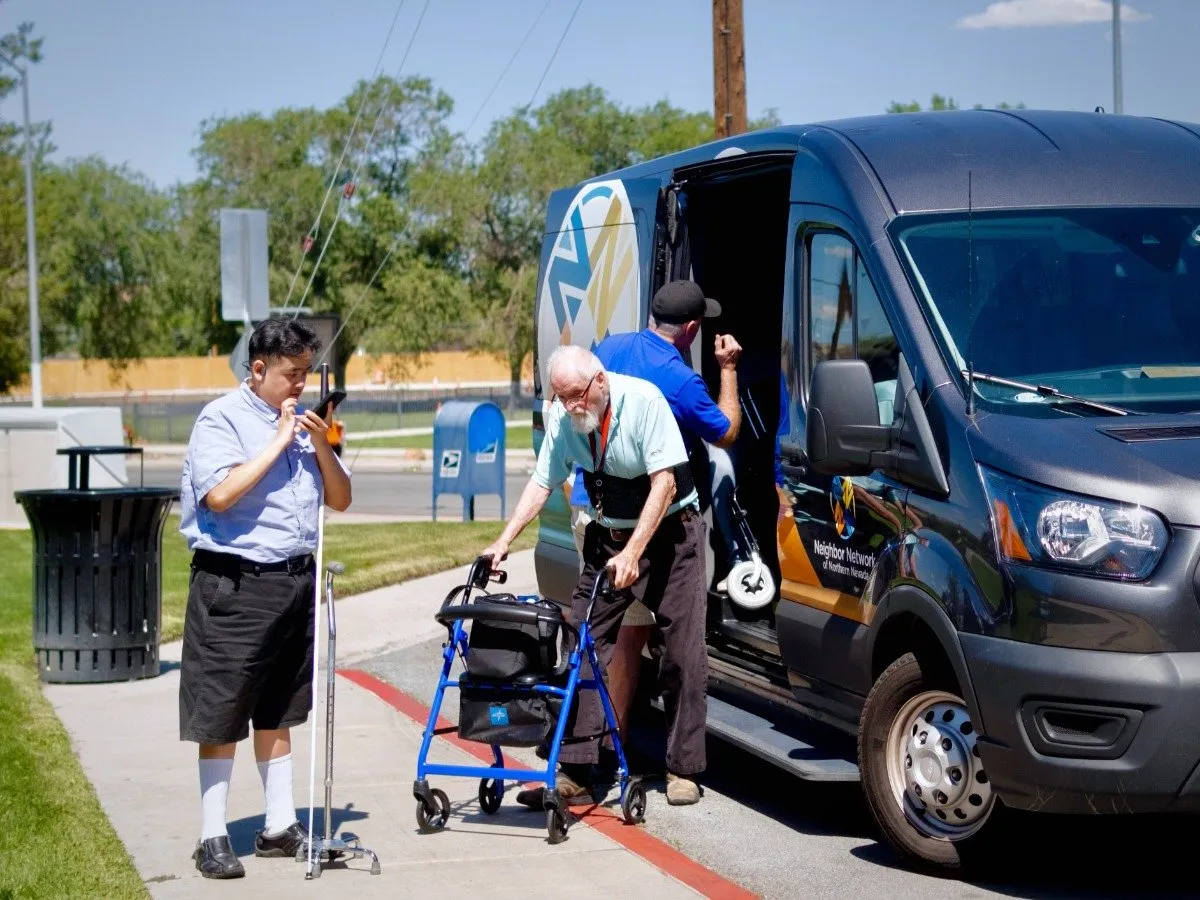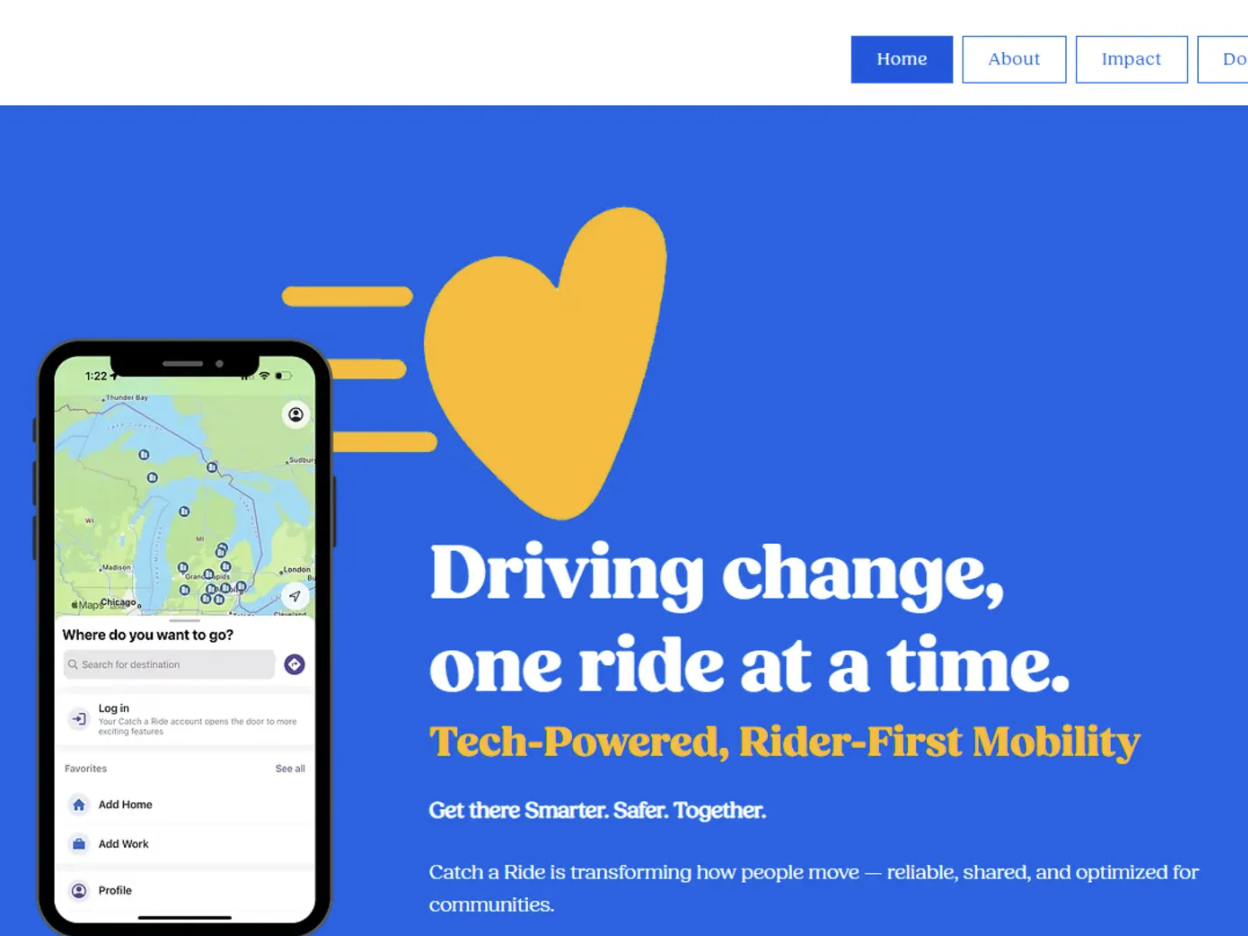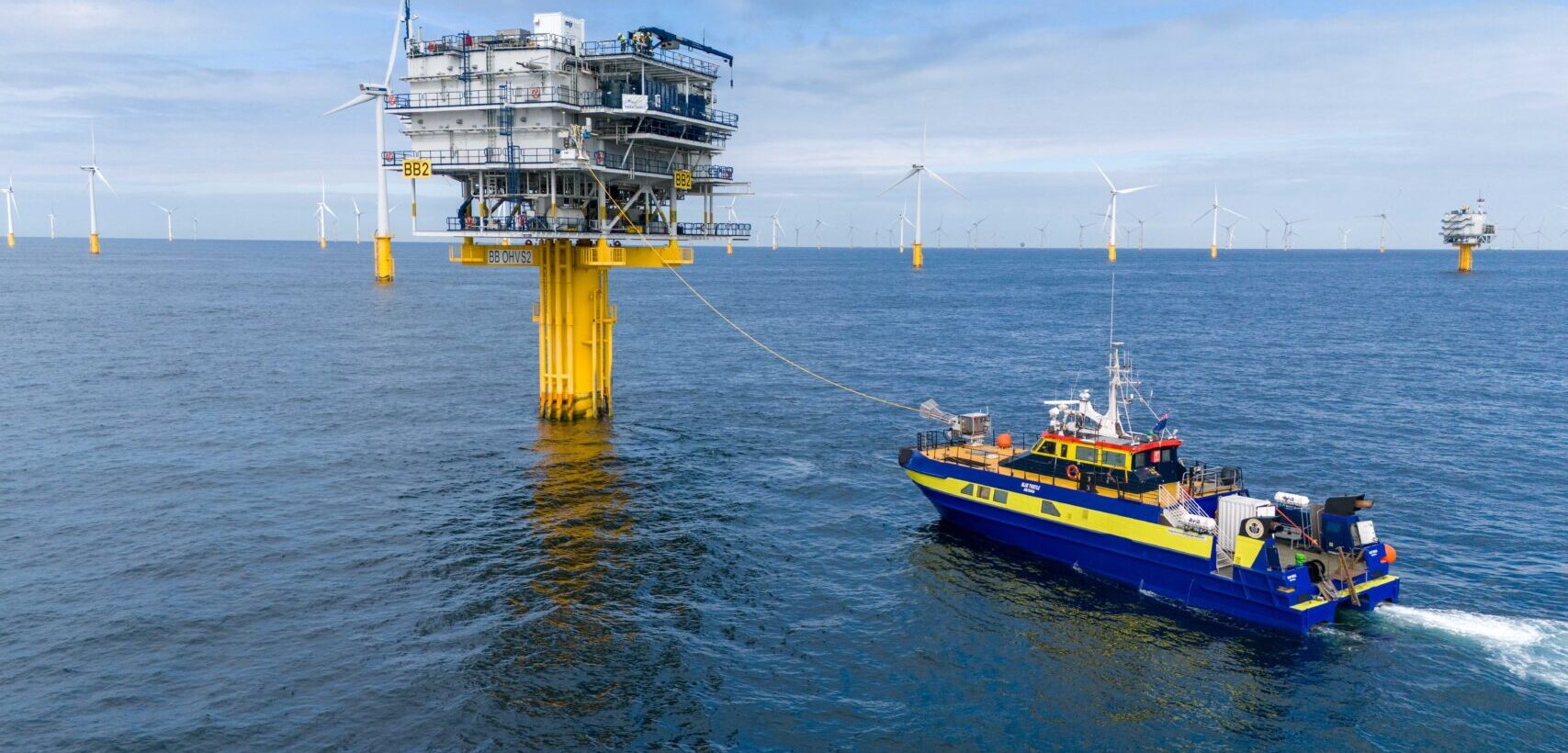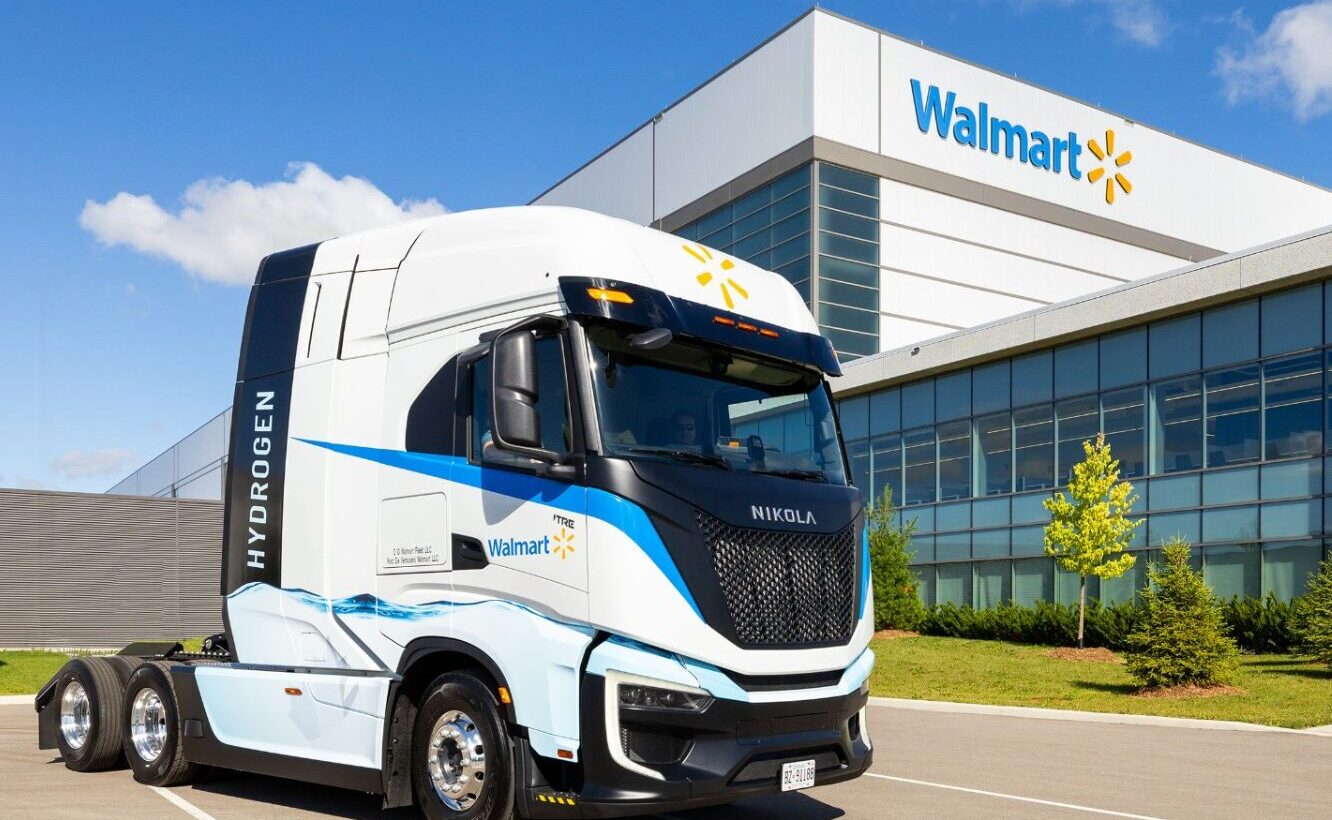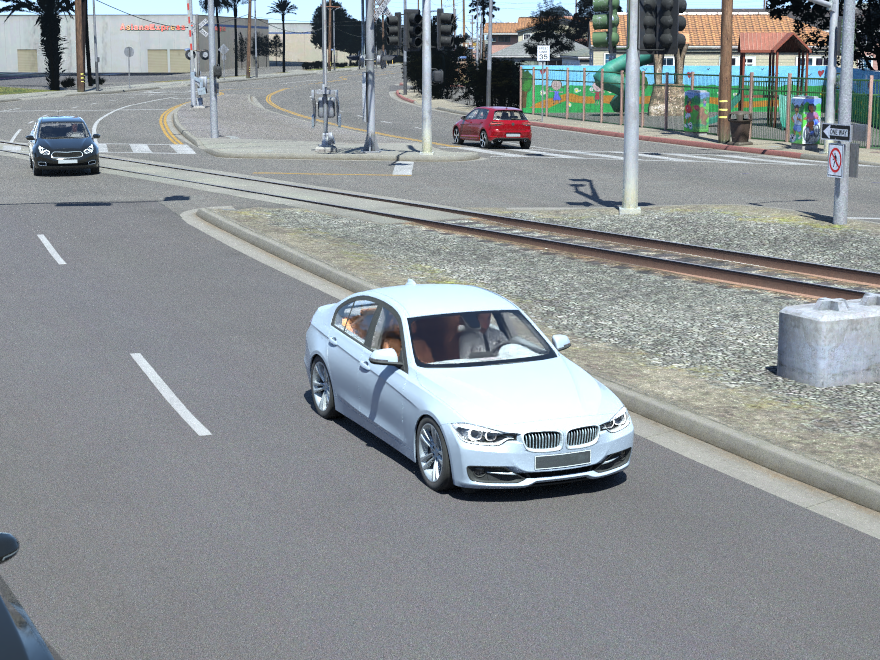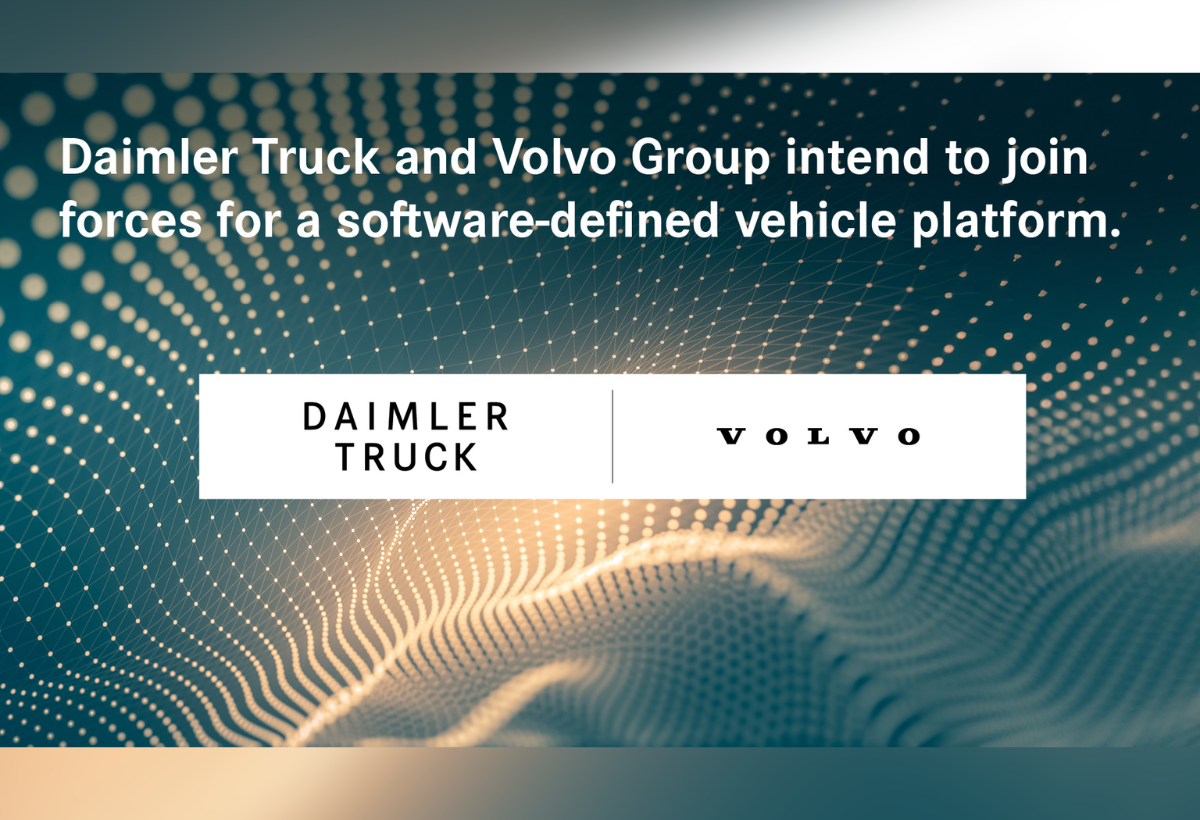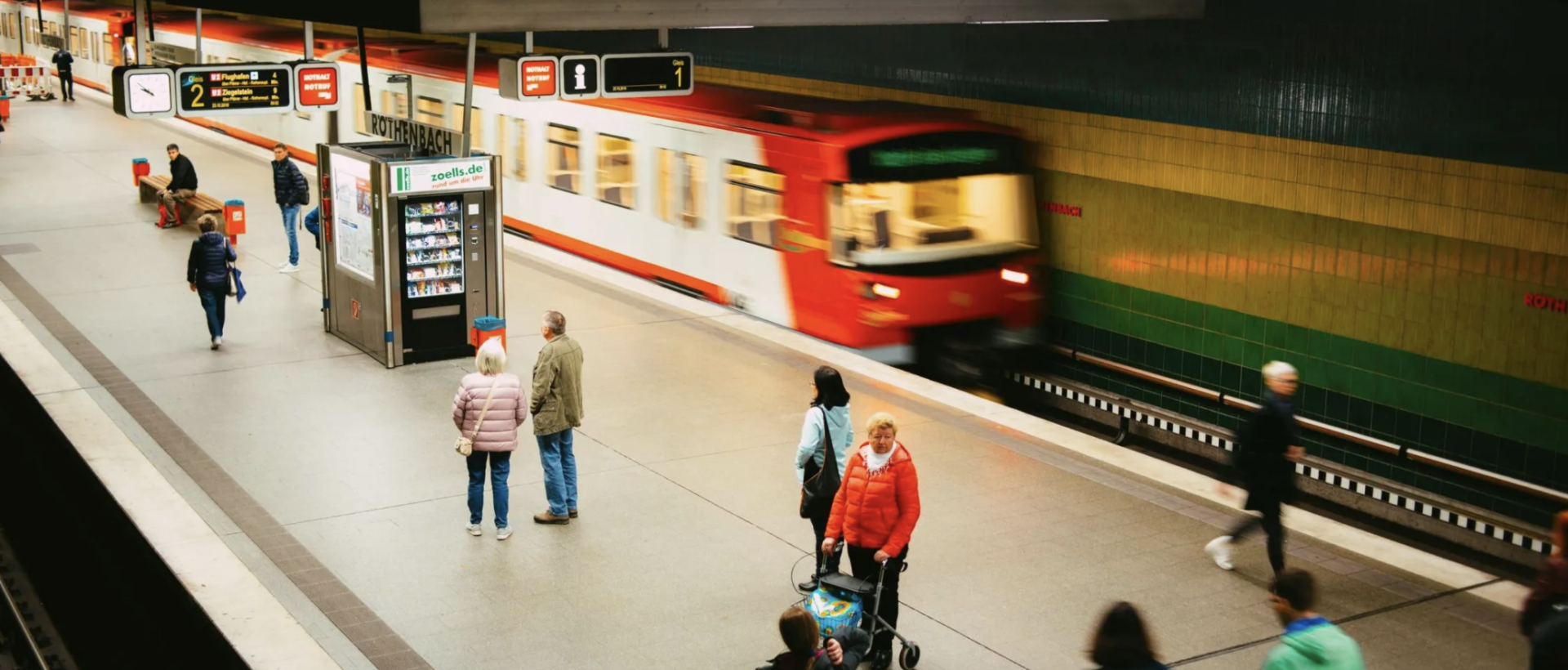The concept of Mobility as a Service (MaaS) and the emerging paradigm of Mobility as a Feature (MaaF) propose innovative solutions to the challenges of mobility and sustainability.
While both aim to transform transportation systems, their approaches and underlying philosophies reveal distinct differences and complementary strengths.
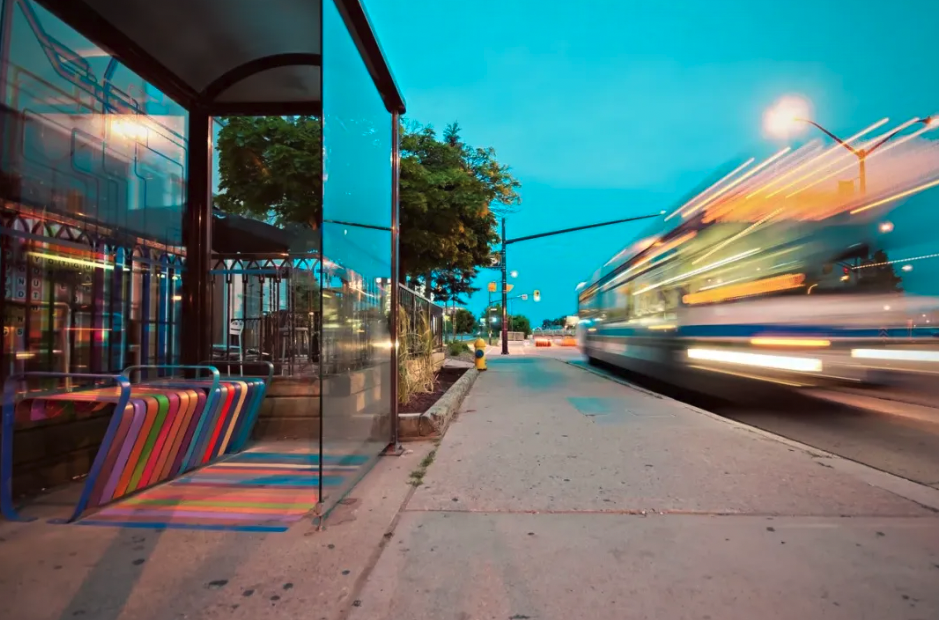
MaaS: A Focus on Sustainable Transportation Integration
MaaS integrates various transportation services into a single digital platform, emphasising the reduction of private car usage by promoting sustainable transport options such as public transport and micro-mobility. Despite its noble goals and the significant interest it has garnered, there have been challenges along the way, notably the struggle of a business to consumer (B2C) focussed model. On the other hand, business models focussing on highly tailored community services and local councils are proving to be viable.
MaaF: Expanding Beyond Transport to Activity-Based Services
MaaF, as introduced by David Hensher AM, PhD, FASSA, FAITPM, FCILT and Sampo Hietanen, proposes a paradigm shift from a transport-centric view to a broader, activity-focused service mix. This approach emphasises non-transport services essential to customers, suggesting that integration and sustainability in transport might thrive when embedded in a wider context of customer needs. MaaF advocates for the involvement of private sector entities outside the traditional transport industry, aiming for a business model that is financially sustainable and driven by customer demand for a comprehensive range of services, including but not limited to mobility.
Comparative Analysis: Integration, Incentives, and the Private Car
The integration of services in MaaS and MaaF demonstrates a key difference: while MaaS focuses on integrating various modes of transport into one accessible service, MaaF expands this integration to include non-transport activities, potentially offering a more holistic solution to urban mobility challenges.
In terms of incentives, MaaS has primarily relied on financial incentives limited to transportation modes. MaaF proposes a more diversified approach, including both financial and non-financial incentives across a broader range of services. This could potentially offer more appealing and sustainable outcomes for users and society.
The role of the private car in these models also diverges. MaaS has not always incorporated the private car into its sustainable mobility solutions, whereas MaaF sees the private car as a component of a broader service offering. By partnering with sectors like insurance, MaaF could leverage existing private car usage in a way that aligns with sustainability goals, offering a pragmatic path forward.
Conclusion
Both MaaS and MaaF represent forward-thinking approaches to tackling the complexities of urban and rural mobility and environmental sustainability. However, the true potential of these models can be significantly enhanced through platforms like SkedGo, which offers the adaptability and modularity necessary to support both frameworks. SkedGo’s technology enables a seamless integration of diverse transportation modes and services, aligning with the MaaS objective of reducing reliance on private vehicles through accessible, sustainable transport options.
Simultaneously, its ability to customise and extend its platform to encompass a broader range of services beyond transportation mirrors the MaaF approach, inviting collaboration with sectors outside traditional transport. This dual capability positions SkedGo as a pivotal player in the evolution of urban and rural mobility, empowering cities and other communities, businesses, and consumers to choose the path that best suits their unique needs and goals, thereby fostering an environment where both MaaS and MaaF can thrive and contribute to a more sustainable, connected world.
This article was originally published by SkedGo.



